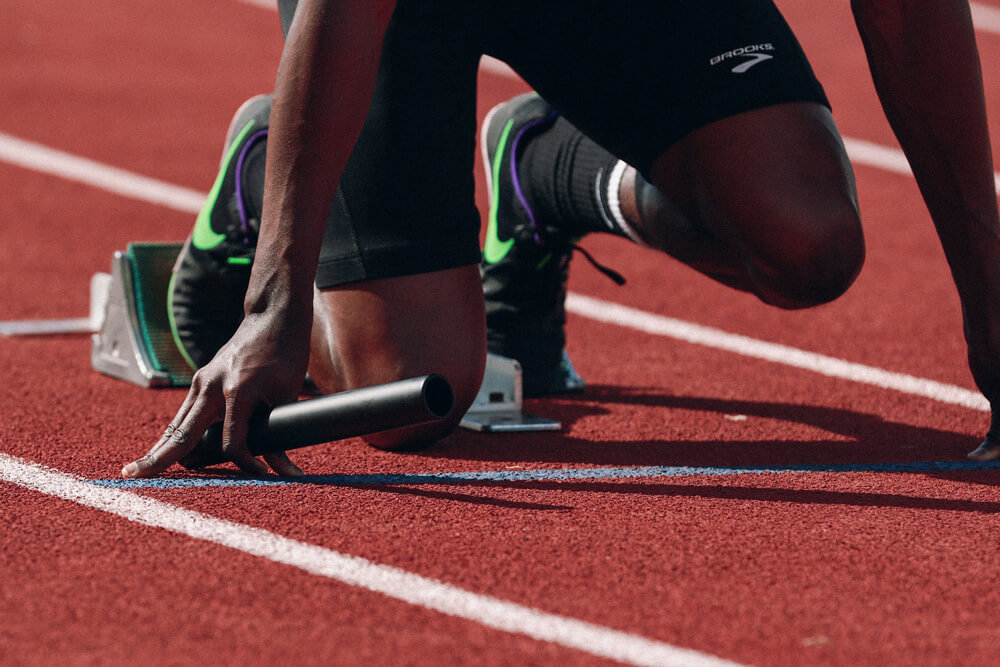With the Olympics in Japan rapidly approaching, it is worth discussing how CBD at the Tokyo 2020 Olympics will affect athletes. This article explores the potential benefits of CBD specifically for athletes, the regulations regarding its use in professional sports, and whether or not we can expect to see CBD used in Tokyo 2020.
CBD, cannabidiol, is a member of a class of compounds known as cannabinoids. Cannabinoids bind to receptors throughout the brain and body, stimulating the body’s own endocannabinoid system to promote homeostasis (equilibrium). Research suggests that CBD can produce a wide range of health benefits, from alleviating the symptoms of epilepsy to minimizing anxiety.
Benefits of CBD for Athletes
Some of CBD’s reported effects are particularly beneficial to athletes.
1. Pain
Sport often results in soreness in muscles and tendons, either from injury or recovery from intense training. Several studies have shown that CBD can minimize pain. For localized pain CBD applied topically, for example via balms or roll-ons, is likely to have the greatest effect.
2. Muscle recovery
Workouts cause muscle fibers to break down, forming microscopic lesions in tissues and muscles. These result in inflammation. During recovery, these fibers rebuild themselves and the resultant muscles are stronger and better able to contract than before. The repetition of this workout-recovery cycle builds strength and endurance. Since CBD has been shown to have anti-inflammatory properties, it can potentially increase the rate of the recovery process. This is beneficial for athletes as it could speed up the process of “gains”, while avoiding excessive inflammation. This is important, as too much inflammation can result in injuries that cannot be regenerated fully. For example, muscle breakdowns, immune system deficiencies, and chronic pain.
3. Muscle Growth
In addition to aiding the speed of muscle recovery, CBD could also encourage muscle growth through acting as an anti-catabolic. Catabolic hormones are compounds that trigger the loss of muscle. Anti-catabolic reduces the production of these hormones, hence minimizing muscle loss. CBD can potentially act as an anti-catabolic by activating the endocannabinoid system. Thus CBD could reduce muscle loss and, combined with the above recovery effect, could help muscles grow faster.
4. Increase stamina
In addition to muscle strength, athletes, particularly long-distance athletes, require endurance. Long-distance runners describe a “runner’s high”, often associated with a feeling of euphoria and the ability to run further distances and for a greater period of time. In fact, scientific research has shown that the endocannabinoid system plays a vital role in a runner’s high. Since CBD activates the endocannabinoid system, it could act to promote a runner’s high, thus increasing an athlete’s stamina.
CBD in Professional Sport
Are athletes allowed to use CBD in professional competitions? It depends on the authority regulating their sport, so athletes should check with their relevant federations. In general, CBD is not prohibited in professional sports. This is because it is thought to not act as a “performance enhancer”, so does not give athletes an unfair advantage. Instead, it is thought to act as a medicinal supplement. However, all other cannabinoids (including THC) are banned. Therefore, athletes need to be careful when using broad-spectrum CBD products, as other cannabinoids (around 120) found in the cannabis plant will be present. Hence, as well as CBD, other cannabinoids could be detected in a drug test and athletes will have to face the appropriate penalties.
As the stigma surrounding CBD decreases, the usage of CBD products by athletes is on the rise. The World Anti-Doping Agency carried out a study in 2015 that examined 300,000 athletes worldwide. Of these, 4% tested positive for cannabinoids. There are several professional athletes who have openly demonstrated their use of CBD, including:
- Michael Phelps, an Olympic swimmer who has won the most Olympic medals of any other athlete, uses hemp flower for pain relief and recovery after training.
- Nate Diaz, a UFC fighter, is a prominent CBD supporter. Taking it during training, fights, and after fights, he uses it to minimize inflammation and help recover from injuries. Diaz famously vaped CBD after his UFC 202 fight against Conor McGregor.
- Jake Plummer, an NFL quarterback, uses CBD for pain relief due to his 10-year injury.
- Andrew Talansky, a triathlete and Ironman competitor, uses CBD to alleviate chronic pains, help him sleep, and reduce competition-related stress. In fact, his biggest sponsor is a CBD brand.
CBD at the Tokyo 2020 Olympics
As of 2018, CBD is no longer on WADA’s (World Anti-Doping Agency) list of prohibited substances. Therefore, Tokyo 2020 will be the first Summer Olympics in which Olympic athletes are allowed to use CBD. All other cannabinoids (including THC) are still prohibited in-competition. However, the threshold for THC has been raised to 150ng/mL. This is to minimize the chance of athletes who use broad-spectrum CBD products failing drug tests, although other cannabinoids are still prohibited in-competition at any presence level.
Olympic athletes still need to be aware that there are risks when using CBD products. Despite the threshold for THC being raised, athletes using broad-spectrum CBD products still run the risk of the other prohibited cannabinoids being present when drug tested. It is important for athletes to be aware of how much THC and other cannabinoids are present in the products they are taking, and take appropriate doses to ensure that they do not go above the regulated limits. This can be challenging, as the clearance times of compounds and their metabolites in the body are often unpredictable. In addition, research suggests CBD products are often mislabelled. A study in the Journal of the American Medical Association found that 69% of examined products contained a different amount of CBD to that stated on the label. 21% of the products contained THC, some of which had enough THC to impair users. Athletes might consider taking CBD isolate instead of broad-spectrum CBD products, to minimize the risk of cannabinoids other than CBD being detected in drug tests.
Since the 2020 Olympics are in Tokyo, the laws surrounding CBD in Japan must be followed. Although in the USA it is legal to have up to 0.3% THC present in CBD products, this is not the case in Japan. Here, CBD products must contain 0.0% THC. Therefore, Olympic athletes taking CBD while in Tokyo will have to ensure to take high-quality CBD products with no THC.
Conclusion
In conclusion, CBD at the Tokyo 2020 Olympics will be a game changer as Olympic athletes will be allowed to use CBD in-competition for the first time. This may aid them with relieving pain, muscle recovery and growth, and improving stamina. However, other cannabinoids including THC are still prohibited by the WADA. Therefore, the use of CBD products is at an athlete’s own risk. They must ensure that the levels of THC and other cannabinoids in their bodies are low enough to not be detected in anti-doping drug tests. If concerned about other cannabinoids, it might be best for athletes to take CBD isolate, instead of broad-spectrum CBD products. It is important that athletes know exactly what substances and quantities are entering their bodies. HealthyTOKYO has been an authority on CBD in Japan since it was made legal in 2016. We sell a wide range of CBD products of the highest quality, which can be bought online or at our Cafe and Shop at Haneda Airport in Tokyo.
Vegan Lasagna Set
¥6,400CBD Vegan Sweets Gift Set
¥5,600CBD Chocolate Vegan Assortment Box 20mg
Rated 5.00 out of 5¥3,900Vegan Gateau au Chocolat Cake Set
Rated 5.00 out of 5¥3,800Vegan New York-Style Cheesecake Set
¥3,800

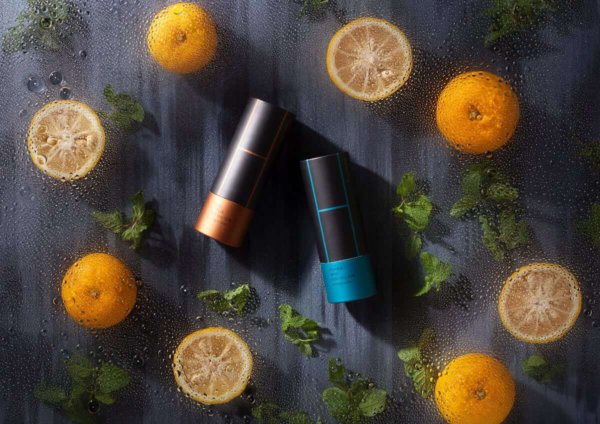
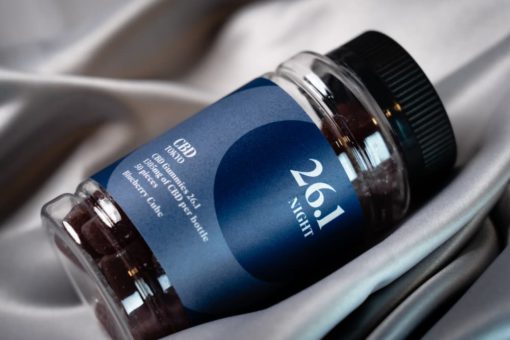

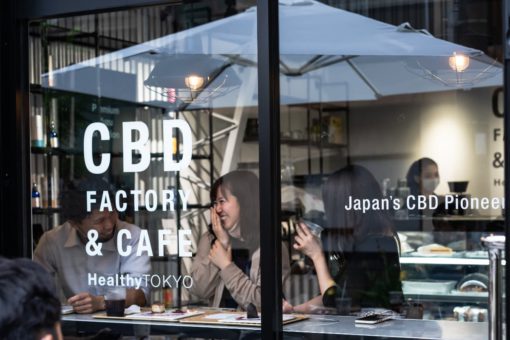
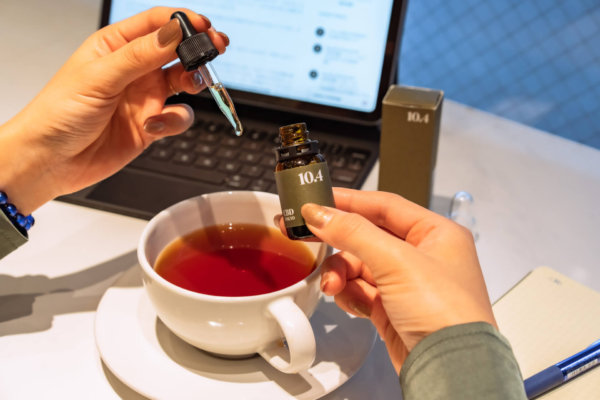
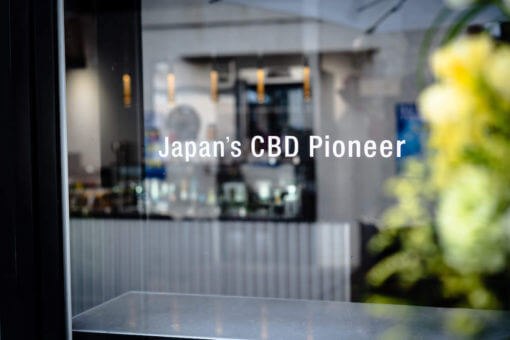
 Vegan Lasagna Set
Vegan Lasagna Set 



